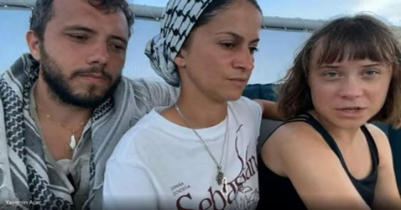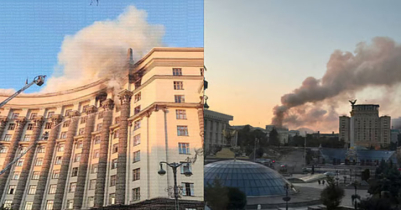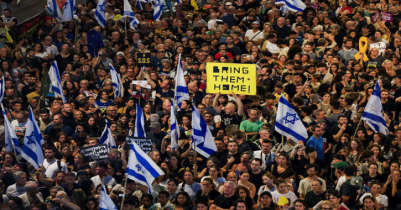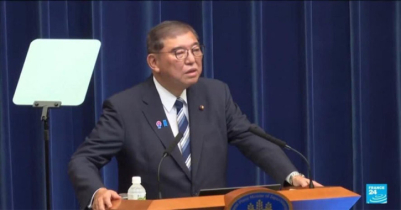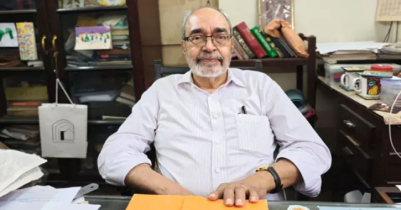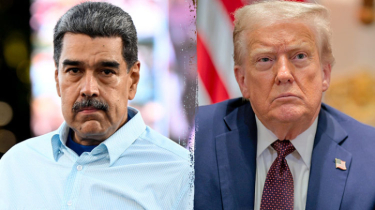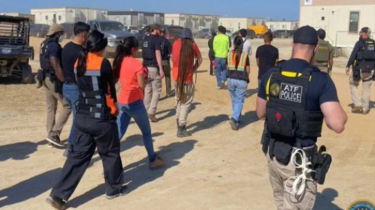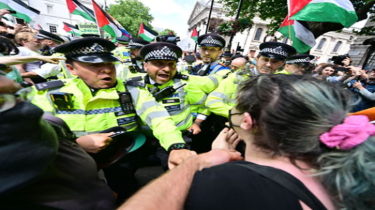Putin: Western Troops in Ukraine Would Be ‘Legitimate Targets’
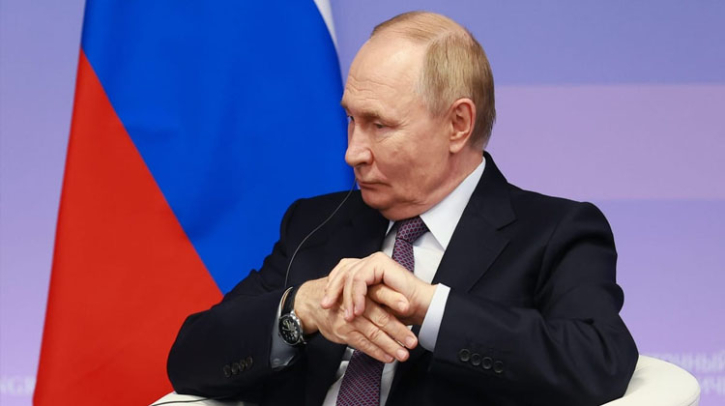
Published : 23:25, 5 September 2025
Russian President Vladimir Putin warned on Friday, 5 September 2025, that any Western troops deployed to Ukraine, particularly while fighting continues, would be treated as “legitimate targets” by Russia’s military. Speaking at the Eastern Economic Forum in Vladivostok, he also rejected the idea of foreign “peacekeeping” contingents operating in Ukraine under a peace deal, arguing there would be “no sense” in a foreign military presence and reiterating that Moscow would oppose it.
Putin’s comments came a day after a Paris summit where European leaders announced a plan to provide long-term security guarantees to Kyiv once the war ends. France said 26 countries had agreed in principle to a post-war “reassurance force” configured on land, at sea, and in the air to deter renewed aggression. Officials stressed such forces would not be deployed to the front lines and would become active the day a cease-fire or peace accord takes effect. Leaders also discussed complementary measures, including coordinated sanctions and industrial support for Ukraine’s defense sector.
European positions vary on potential roles. France and the UK signaled openness to sending troops in a post-war context, while Germany and Italy emphasized non-deployable support and the need for close coordination with the United States. In Paris, Ukrainian President Volodymyr Zelensky said several major European states were ready to serve as guarantors, while details of any U.S. role were still being worked out after consultations with Washington.
From Vladivostok, Putin coupled his warning with pointed political messaging: he said Kyiv would place any foreign personnel at risk if they entered Ukraine before a formal peace deal, and he dismissed proposals for international peacekeepers even after a settlement. He repeated that security guarantees would be required for both Russia and Ukraine, but offered no specifics. He also said Zelensky could travel to Moscow for talks, though he simultaneously questioned the value of negotiations under current conditions.
The dueling messages highlight a widening gap between European planning for a post-war security architecture and Moscow’s effort to deter any foreign presence in Ukraine, either before or after a settlement. Whether, when, and how any multinational force could deploy will depend on an eventual cease-fire or treaty, the scope of participating states’ mandates, and the pace of U.S.–European coordination.
Sources: Reuters, Associated Press, Wall Street Journal, Al Jazeera
BD/AN



